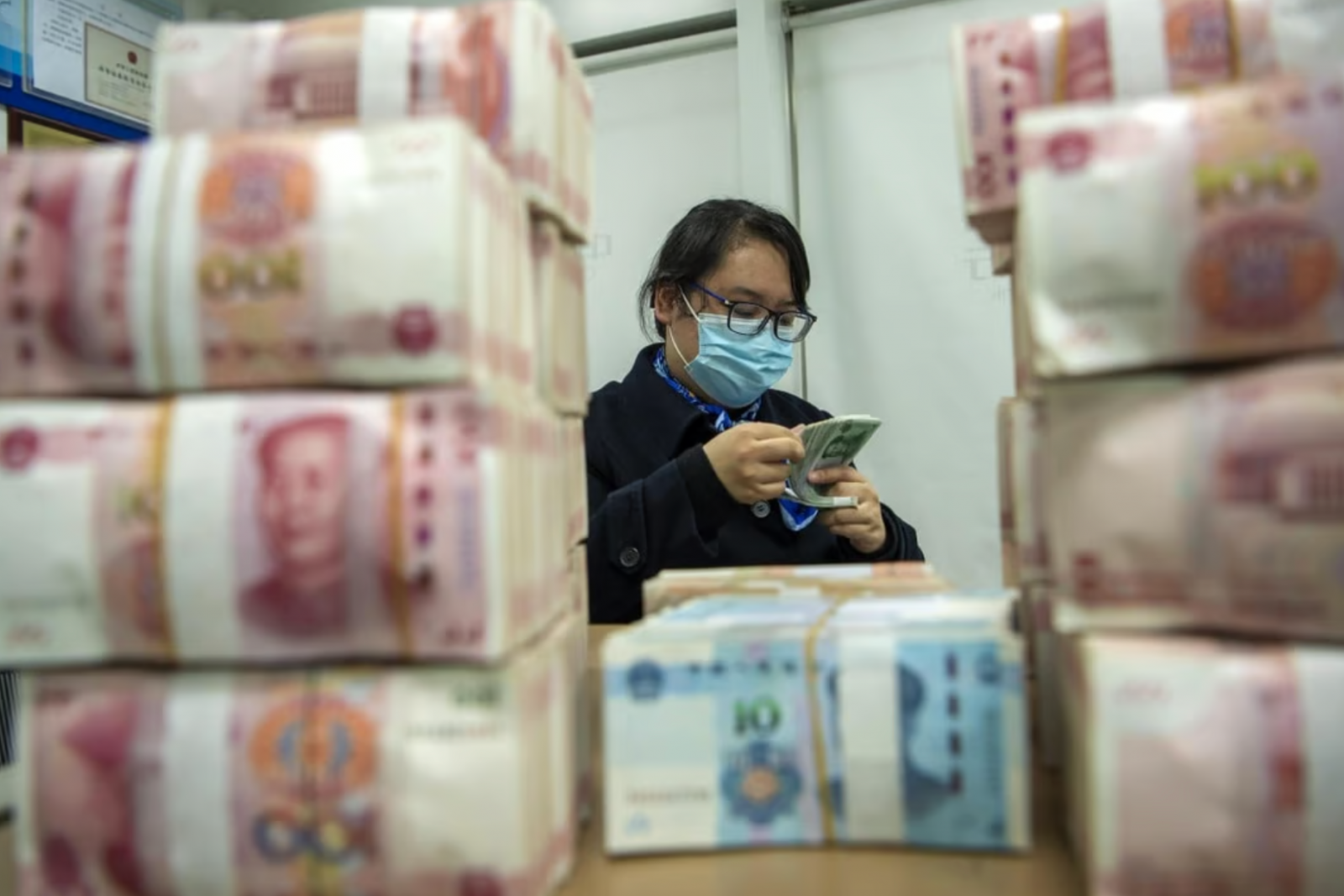JAPAN EMERGES FROM RECESSION DESPITE SHARP DROP IN EXPORTS
Japan's economic growth in the first quarter of 2023 reached 0.4%, higher than analysts' forecasts as well as negative growth for 2 consecutive quarters in the second half of 2022.

Japan's positive economic growth momentum in the first quarter of 2023 was mainly due to a sharp increase in personal and corporate spending after the country lifted restrictions related to the COVID-19 pandemic. -19.
New data released by the Cabinet Office of the Japanese Government showed that Japan's quarterly growth in the first quarter of 2023 reached 0.4%, higher than analysts' forecasts previously made.
Meanwhile, the quarter-on-quarter growth rate in the fourth quarter of 2022 of Japan was adjusted from 0.1% increase to negative 0.1%; Quarterly growth rate in the third quarter of 2022 continued to remain at negative 1%. Thus, Japan fell into a technical recession (2 consecutive quarters of negative growth) in the second half of 2022, mainly due to the decline in export and production activities.
Analysts say that the positive growth momentum of the world's third-largest economy in the first quarter of 2023 was mainly due to the rebound in personal consumption and a sudden increase in spending by Japanese businesses. , combined with the fall in the price of raw materials helps the Japanese economy reduce import costs. However, Japan's growth momentum is being restrained as its exports have not yet recovered amid continued weak international demand.
According to statistics, household spending in Japan, which contributes more than 50% of GDP growth, in the first quarter of 2023 increased by 0.6% compared to the fourth quarter of 2022. Business investments were also 0.9% higher than expected. The recovery in consumption has mainly come from Japan's lifting of restrictions related to the COVID-19 pandemic and the return of foreign tourists as Japan downgraded Covid-19 to a similar level like seasonal flu.
However, the export of goods and services in the first quarter of 2023 decreased by 4.2% compared to the fourth quarter of 2022, marking the first quarter of decline in the last 6 quarters, mainly due to the semiconductor market globally declined.
Japan's Economy Minister Shigeyuki Goto forecast Japan's economy will continue to recover at a low growth rate, but Japan also needs to pay attention to risks to the global economy.
Mr. Yoshiki Shinke, chief economist at Dai-ichi Life Research Institute (Japan), these data can help the Bank of Japan to make more appropriate monetary policies in the near future in the context of the economic crisis. The agency is facing pressure to stop large-scale monetary easing measures if commodity prices in Japan continue to increase at the highest rate in 40 years.
Previously, at the beginning of March this year, the Bank of Japan decided to maintain short-term interest rates at -0.1% and 10-year Japanese Government bond (JGB) interest rates at around 0%. Besides, this agency also decided to maintain unlimited purchases of 10-year JGB to protect the bond yield ceiling at 0.5%. The ultra-easy monetary policy has been applied by Japan for nearly a decade, mainly because the country faces deflation.
The Bank of Japan is currently one of the few central banks in the world that still maintains a super-loose interest rate policy, while most central banks raise interest rates sharply to control inflation and reduce inflation, keeping pace with the rate hikes of the US Federal Reserve (FED).
Although the ultra-easy monetary policy helps to boost the economy, many Japanese economists believe that this policy is causing the Japanese yen to depreciate excessively and distort the bond market.











